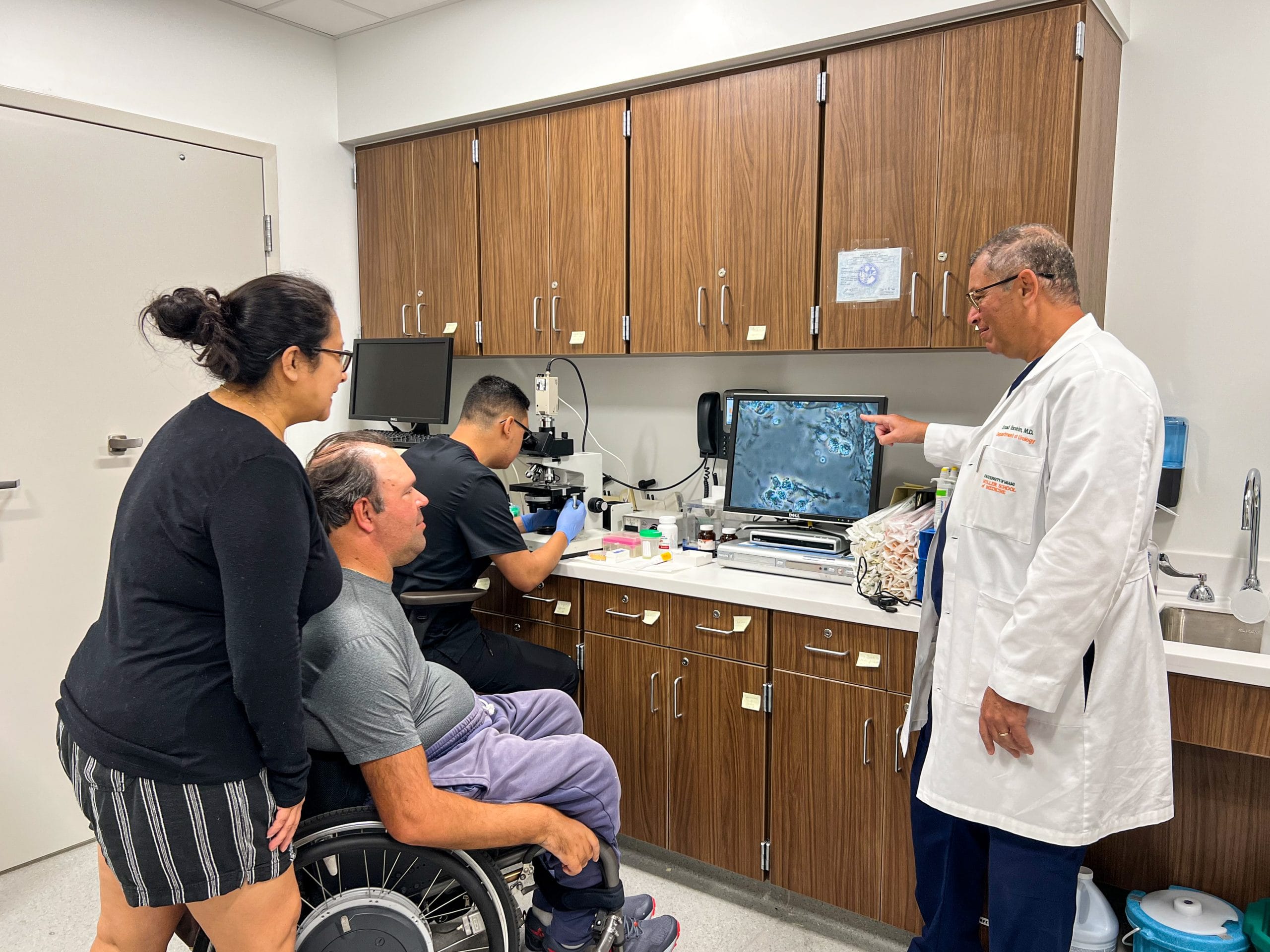Right image: “Wheelchair Love” by Chris Steele
The need for intimacy and sexual expression does not disappear after an injury or fade with old age, but for the thousands of British Columbians who live in care facilities across the province, it certainly gets more complicated.
There are many ethical, moral and legal quandaries for health care workers when their clients want to express their sexuality. What are a client’s rights, a health care worker’s responsibilities, and what if these go beyond someone’s comfort zone?
These are complicated questions that nurses and health clinicians deal with each day, and for a long time, they were navigating them alone.
Fortunately, there is now a short Reference Guide clinicians can turn to for guidance. Written by clinical, ethical and legal experts, it’s called, “Supporting Sexual Health and Intimacy in Care Facilities: A Pocket Reference Guide”.It was published today by Spinal Cord Injury BC on May 1st, 2013.
You can download the entire 13-page booklet here (217kb PDF)
Based on a much longer document published in 2009, this new Sexual Health Reference Guide is the first of its kind in the country.
“There has long been a gap in guidance for health care providers and facilities in how to best support residents in their sexual lives, but we have a moral, legal and ethical obligation to support them with this part of their life,” says Kate McBride, the sexual health clinician who coordinated the project. “These guidelines were developed to try and close this gap and to create a dialogue in this complex area of health,” she says.
At CONNECT Communities, where people with brain injuries live with other residents and care givers in a group home setting, executive director Patti Flaherty says these guidelines will help guide and inform conversations about residents’ sexual needs.
“This new reference guide won’t shape policy— we’re not a policy-driven organization, particularly in this area —but it will help inform our approach and reinforce how important it is for people living in a supported group environment to have access to living healthy sexual lives. If we’re struggling with something we know we can refer to the reference guide and it might help shape how we approach the issue and help guide our conversation,” says Flaherty.
The document includes sections to help care givers asses risk of harm to their patients, determine if consent has been acquired, and outlines when and how to intervene if necessary, with a “Decision-Making Flow Chart”.
The reference guide also includes a series of case studies based on real-life situations, ranging from residents wanting help to get washed and dressed to go out on a date; to unmarried residents wanting to share the same room; to residents with cognitive difficulties engaging in sexual activity together.
“We hope this pocket guide will help caregivers gain more knowledge, comfort and expertise in supporting the sexuality of their clients and their partners,” says Chris McBride, the executive director of SCI BC, which will publish the document online on May 1, 2013.
“We want to alleviate the stress care givers face when navigating these difficult questions on their own, and help them acknowledge and respect the sexual rights and freedoms of individuals in care facilities and group homes.”
Spinal Cord Injury BC received funding from the Public Health Agency of Canada for the creation of this new Pocket Reference Guide.




